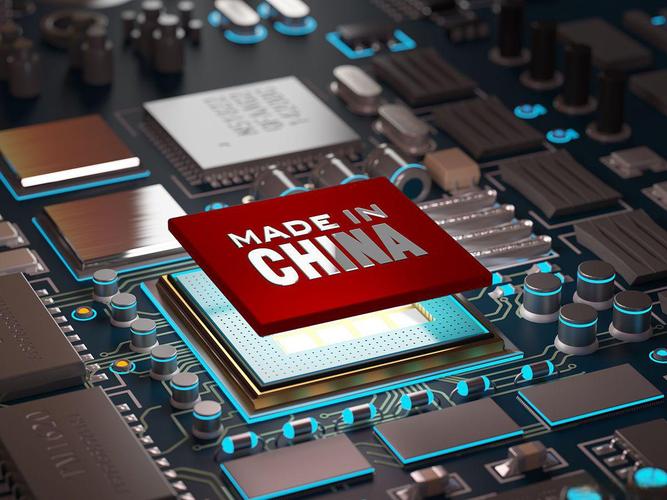
Excerpts from the text of a video interview by Serena Deng.
“China is a little late in entering the silicon carbide market, and it needs to develop its domestic industry for silicon carbide substrates,” said Victor Veliadis, CTO of PowerAmerica, in a recent video interview with JW Insights.
Q: So you published a paper about the South Korean silicon carbide semiconductor industry before. Do you believe that China might have some resemblance with South Korea in terms of building domestic Sic community and supply chain? And also, do you have any investigations on the ecosystem of the white band gap materials in China?
A: Yes. So I will start by saying that the silicon carbide, the South Korean, and the Chinese have a lot in common as far as having the right infrastructure and backgrounds. In both countries, you have an extensive microelectronics industry. You have personnel very well-trained. Of course, both countries, I think, have an excellent education, technical education system. China is one of the world's top producers of semiconductor products, you do have the right leadership that understands the world markets and can make the right strategic decisions to develop silicon carbide. So I think most elements are available today in China.
There are two things that I would like to point out. One element is, I think China needs to develop its domestic industry for silicon carbide substrates. And I've seen a lot of investment in China and many startups are making substrates, because you don't want to be victim to market disruptions that would limit the number of substrates, and therefore you cannot produce a lot of materials. So the silicon carbide substrates are a big thing.
If you look, in the case of South Korea, not too long ago, they bought the silicon carbide wafer business of DuPont in the United States. It was a $400 million purchase. And that will allow them not only to supply wafers across the world but also feed the rather large automotive industry. Honda, that group is one of the biggest car manufacturers and they've moved into EVS. They've started inserting EV into systems into their EV cars.
So China is working, of course, in that direction. It's building high-quality substrates from several sources.
The second thing is, if you were to go back, maybe, from 2004 to 2014, you will find that in the silicon carbide conferences, China was not very active, and neither was South Korea for that matter. Primarily, there were companies from the United States, Europe, and Japan. So I would say China has come into the silicon carbide market activity a little later than others. And that's why I'm saying that putting a domestic silicon carbide substrate’s epitaxy industry is something that needs to be done. I think it’s being done in an accelerated fashion.
And given that China is a massive market and silicon carbide, by being more efficient, has less CO2 production, I think the payoff is massive because it translates to many semiconductor jobs. It also translates to a cleaner environment, which will benefit all of the people. Fewer health expenditures when people don't breathe polluted air. So there's a very strong case for silicon carbide. I think China is ready to move forward. So I'm very confident that silicon carbide will grow. I'm looking forward to China inserting silicon carbide in its vehicles. Like BYD, I think that's the name of the Chinese brand, and there are several electric buses. They’ve already started to use silicon carbide. They're starting to use the fast-charging infrastructure that's enabled more efficiency with silicon carbide.
I think it's a massive opportunity for China. China and other trades companies are trying to get to the latest and greatest, CMOS node, where it's a very exclusive club. It's only TSMC and Samsung of South Korea. Intel in the United States is falling behind. And this is great. But to get to that latest node, you need billions and billions, like tens of billions of investments. With silicon carbide, you can have a disproportionately high return with very low investment. So I think it's a road that will be very beneficial for China to take. primarily, but they will also benefit the rest of the world. So I do wish you the best of success in all your green energy efforts.









